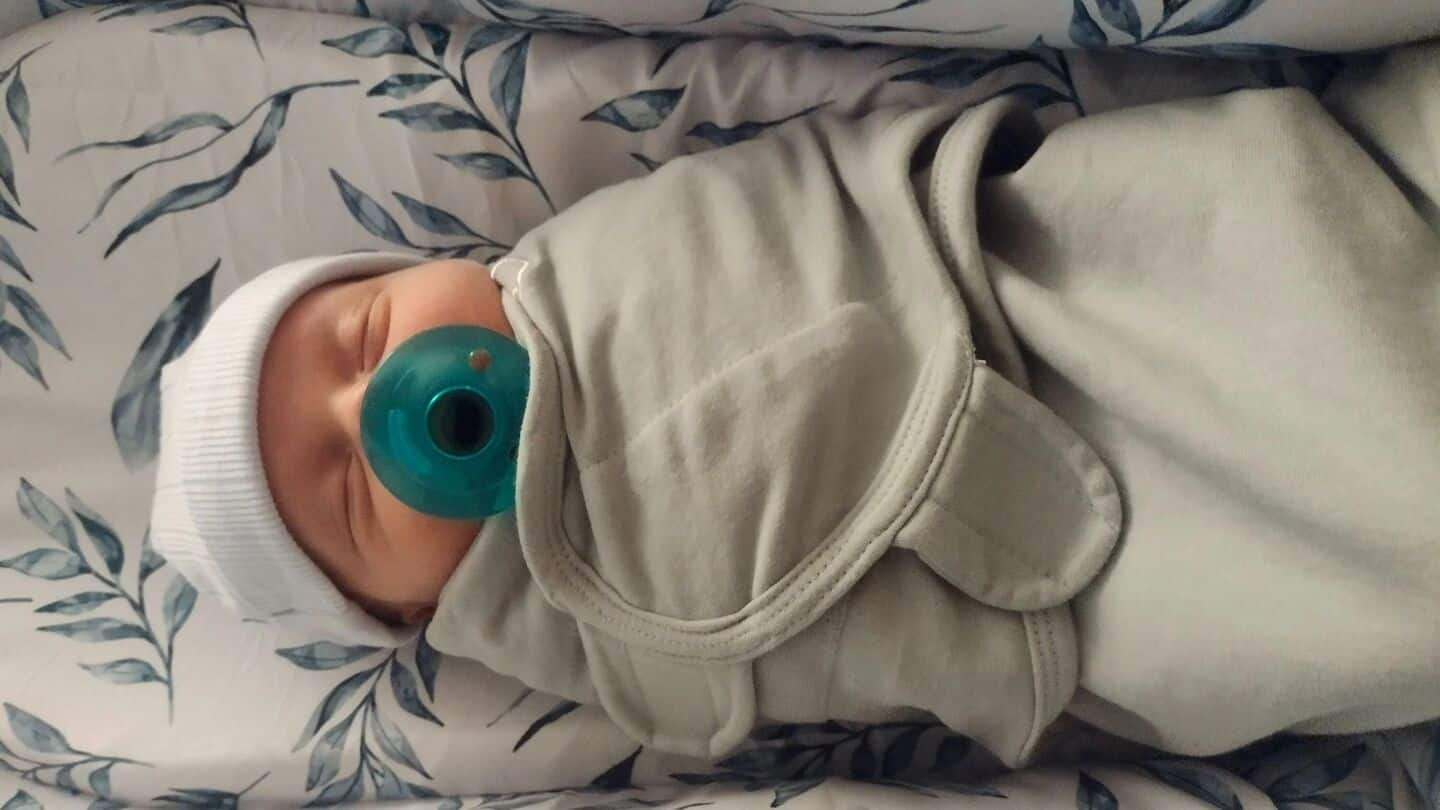
World's 'oldest baby' born in US from 31-year-old frozen embryo
What's the story
The world's "oldest baby" has been born from the oldest known frozen embryo in a record-breaking feat that was achieved in Ohio, US, on July 26. The little one, named Thaddeus Daniel Pierce, was born from an embryo that had been preserved since 1994. His parents, Lindsey and Tim Pierce, adopted the embryo from Linda Archerd (62), who had kept it frozen for over three decades.
Details
How the historic birth came to be
In the early 1990s, Archerd and her then-husband underwent in vitro fertilization (IVF) after struggling with infertility. They created four embryos in 1994, one of which was implanted in Archerd and resulted in a now-30-year-old daughter. The other three were cryopreserved for future use. After her divorce, Archerd learned about "embryo adoption," where both donors and recipients can choose who receives the embryos.
Adoption process
'We didn't go into it thinking we would break records'
The Pierces, who were linked with Archerd by a Christian "embryo adoption" agency, met all her criteria. The embryo was implanted in Lindsey's uterus in November 2024, and Thaddeus was born on July 26. "We didn't go into it thinking we would break any records," Lindsey told MIT Technology Review. "We just wanted to have a baby."
Family resemblance
Embryos are siblings, says Archerd
Archerd, now 62, said she was struck by how much Thaddeus looked like her daughter when she was a baby. "I pulled out my baby book and compared them side by side, and there is no doubt that they are siblings," Archerd said. The fertility clinic that handled the embryo transfer is run by John Gordon, a reproductive endocrinologist who advocates for reducing the number of embryos in storage.
IVF impact
IVF births in UK and US
The number of IVF births in the UK has increased from 1.3% in 2000 to 3.1% in 2023, according to the Human Fertilisation and Embryo Authority (HFEA). For women aged 40-44, the proportion of UK births resulting from IVF has also increased significantly. In the US, around 2% of all births are a result of this advanced fertility treatment.